
What Was The 12th Colony
Introduction
The Thirteen Colonies, established along the Atlantic coast of North America, played a pivotal role in the formation of the United States. Among these colonies, the question of the "12th Colony" often arises, particularly in discussions surrounding the American Revolutionary War and the political landscape of the time. This article aims to clarify the concept of the 12th Colony within the context of the Thirteen Colonies and their historical significance.
The Thirteen Colonies Overview
The Thirteen Colonies were divided into three main regions: the New England Colonies, the Middle Colonies, and the Southern Colonies. Each region had its unique characteristics and governance structures. The colonies included:
- New England Colonies: New Hampshire, Massachusetts, Rhode Island, Connecticut
- Middle Colonies: New York, New Jersey, Pennsylvania, Delaware
- Southern Colonies: Maryland, Virginia, North Carolina, South Carolina, Georgia
These colonies were established for various reasons, including economic opportunities, religious freedom, and political autonomy. They were predominantly settled by Protestant English speakers and operated under similar legal and constitutional frameworks.
Understanding the 12th Colony
The term "12th Colony" is not officially recognized in historical texts as a distinct entity. Instead, it often refers to the colonies in a broader context, particularly when discussing their collective actions during the Revolutionary War. The Thirteen Colonies were united in their struggle against British rule, and the designation of a "12th Colony" may arise from discussions about the contributions of specific colonies to the revolutionary cause.
For instance, when examining the role of each colony in the lead-up to the American Revolution, one might consider the influence of colonies such as Virginia or Massachusetts, which were instrumental in rallying support for independence. In this sense, the "12th Colony" could be interpreted as a metaphorical representation of the collective efforts of all colonies, rather than a specific geographical location.
The Role of the Thirteen Colonies in the Revolutionary War
The Thirteen Colonies collectively opposed British policies, leading to significant events such as the Boston Tea Party and the First Continental Congress. Each colony contributed to the revolutionary effort in various ways:
- Virginia: Known for its leadership, Virginia produced key figures such as George Washington and Thomas Jefferson.
- Massachusetts: The site of pivotal battles, including Lexington and Concord, Massachusetts was a hotbed of revolutionary activity.
- Pennsylvania: Home to the Continental Congress, Pennsylvania played a central role in the organization of the colonies' resistance.
- South Carolina: Contributed significantly to military efforts and was involved in key battles in the southern theater of the war.
These contributions highlight the interconnectedness of the colonies and their collective identity as they sought independence from British rule.
Conclusion
While the term "12th Colony" may not refer to a specific colony within the Thirteen Colonies, it serves as a reminder of the unity and collaboration among the colonies during a critical period in American history. The collective actions of the Thirteen Colonies ultimately led to the establishment of the United States, marking a significant turning point in the quest for self-governance and independence.


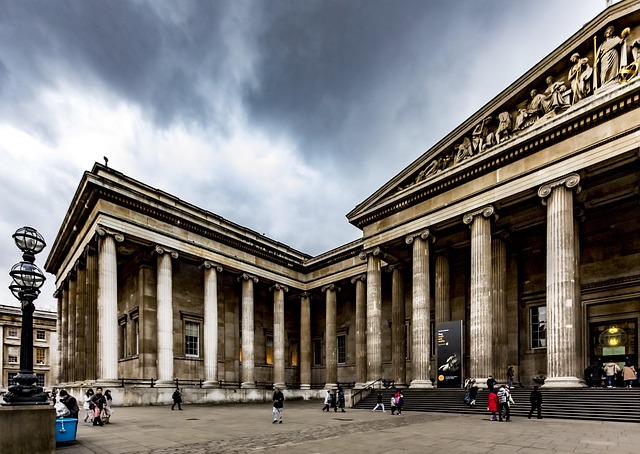





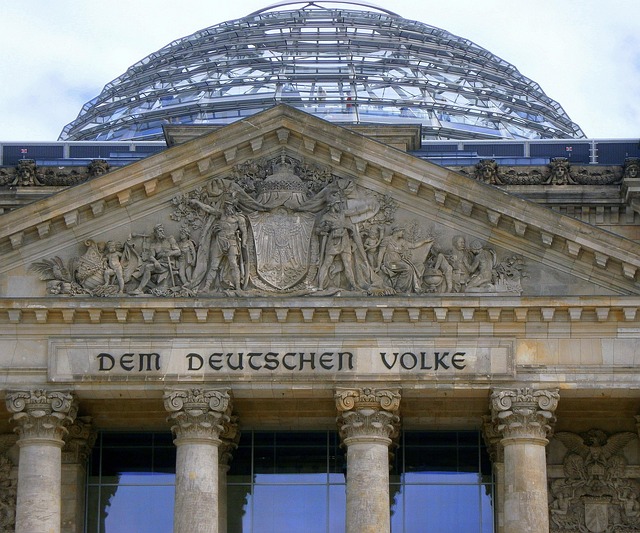


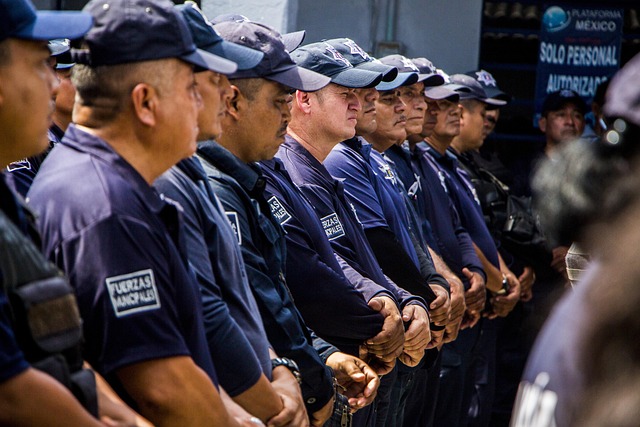



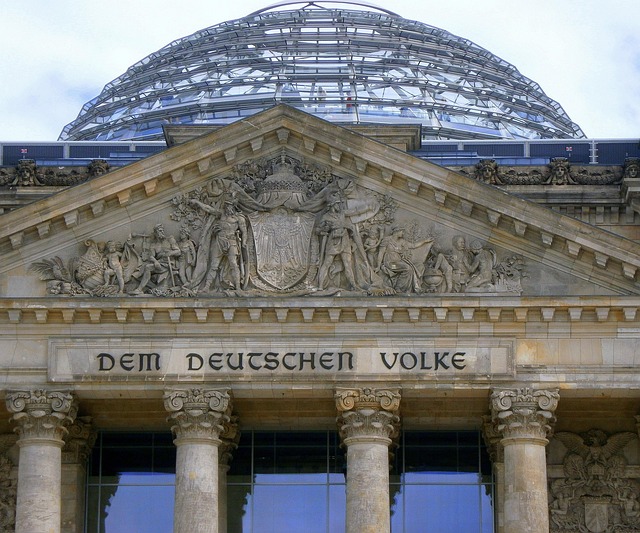
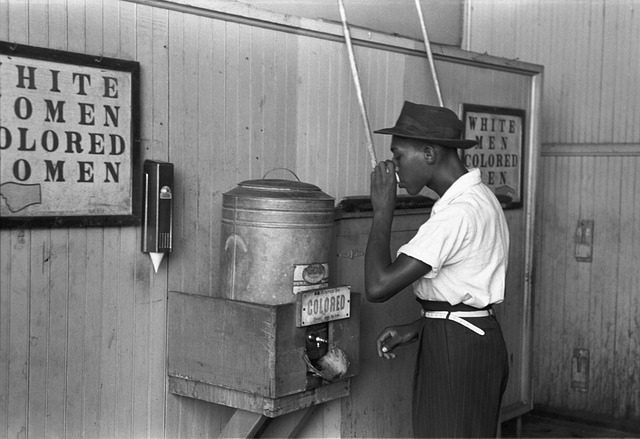
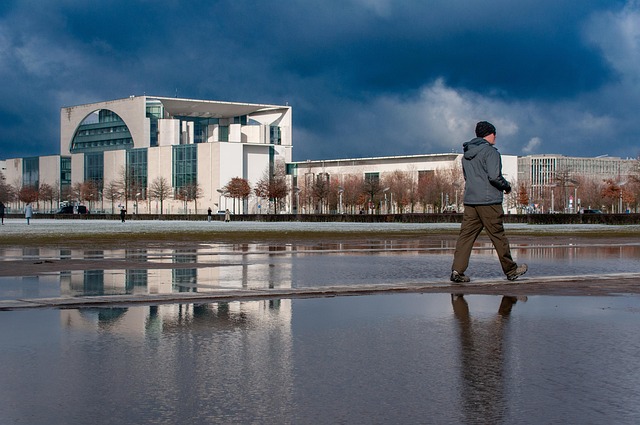
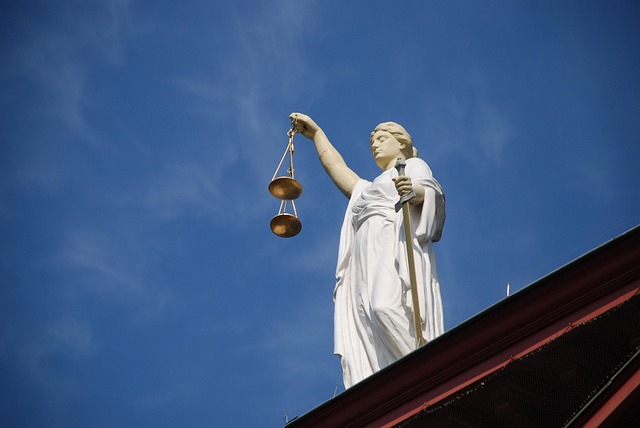
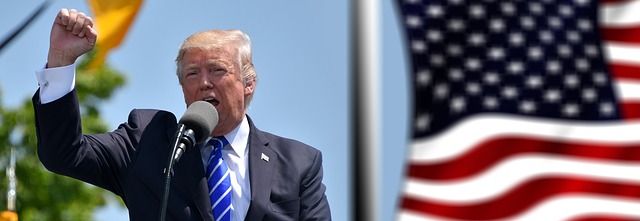
 Introducing Vice President Vance
Introducing Vice President Vance 
 Health
Health  Fitness
Fitness  Lifestyle
Lifestyle  Tech
Tech  Travel
Travel  Food
Food  Education
Education  Parenting
Parenting  Career & Work
Career & Work  Hobbies
Hobbies  Wellness
Wellness  Beauty
Beauty  Cars
Cars  Art
Art  Science
Science  Culture
Culture  Books
Books  Music
Music  Movies
Movies  Gaming
Gaming  Sports
Sports  Nature
Nature  Home & Garden
Home & Garden  Business & Finance
Business & Finance  Relationships
Relationships  Pets
Pets  Shopping
Shopping  Mindset & Inspiration
Mindset & Inspiration  Environment
Environment  Gadgets
Gadgets  Politics
Politics 